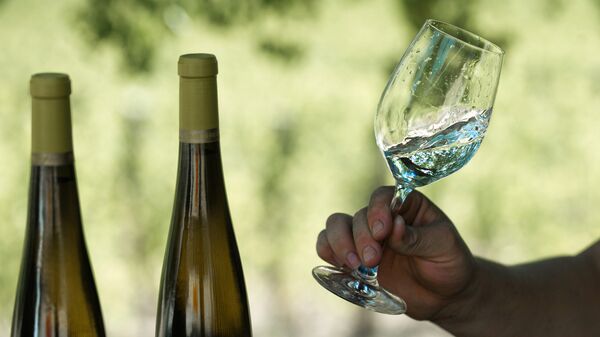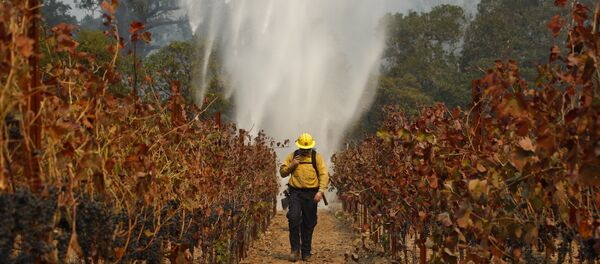This is where economic strategies come in, Pecheux-Livat told Sputnik, citing the newcomers’ right to change brand- and place names “as part of a broader marketing strategy.”
“The Chinese market will probably become a big driver of wine demand and consumption at the world level. Being able to provide a wine with the 'right' taste might become necessary. But some other drivers, like climate change, could induce changes to the varieties, and the taste.”
The expert is certain that foreign influence on wine production in France should by no means be curtailed, recalling the late 19th century, when a number of French vineyards were severely hit by phylloxera and eventually rebuilt thanks to tougher American rootstocks.
READ MORE: English Wine Industry Toasts to Groundbreaking Year, Defying Brexit Grape Gloom
What has in essence changed, Ms Pecheux-Livat said, is the management and, potentially, the techniques the new investors are working on.
The place reputation, as well as the heritage that wine-making represents in France, are sure to be kept intact, if not further developed, she remarked.
“One dimension of that intangible heritage in Bordeaux is associated with using the word 'chateau' to name a given wine. If the Chinese investors continue using this component for their new brand name, they promote the Bordeaux heritage in China.”
France’s age-old wine-producing provinces, renowned for their quintessentially French vineyards, have recently become seriously alarmed with the growing number of Chinese investors arriving and imposing their own regulations.
It is believed that around 160 châteaux in Bordeaux are now owned by the Chinese, including investors based in Hong Kong.
China’s consumption of high quality French wine has skyrocketed in the recent years. "China is now a huge focus and we have increased exports there to around 70 percent of our production," said Daniel Li, an estate manager in one of the Chinese-owned chateaux, as reported by National Public Radio.


